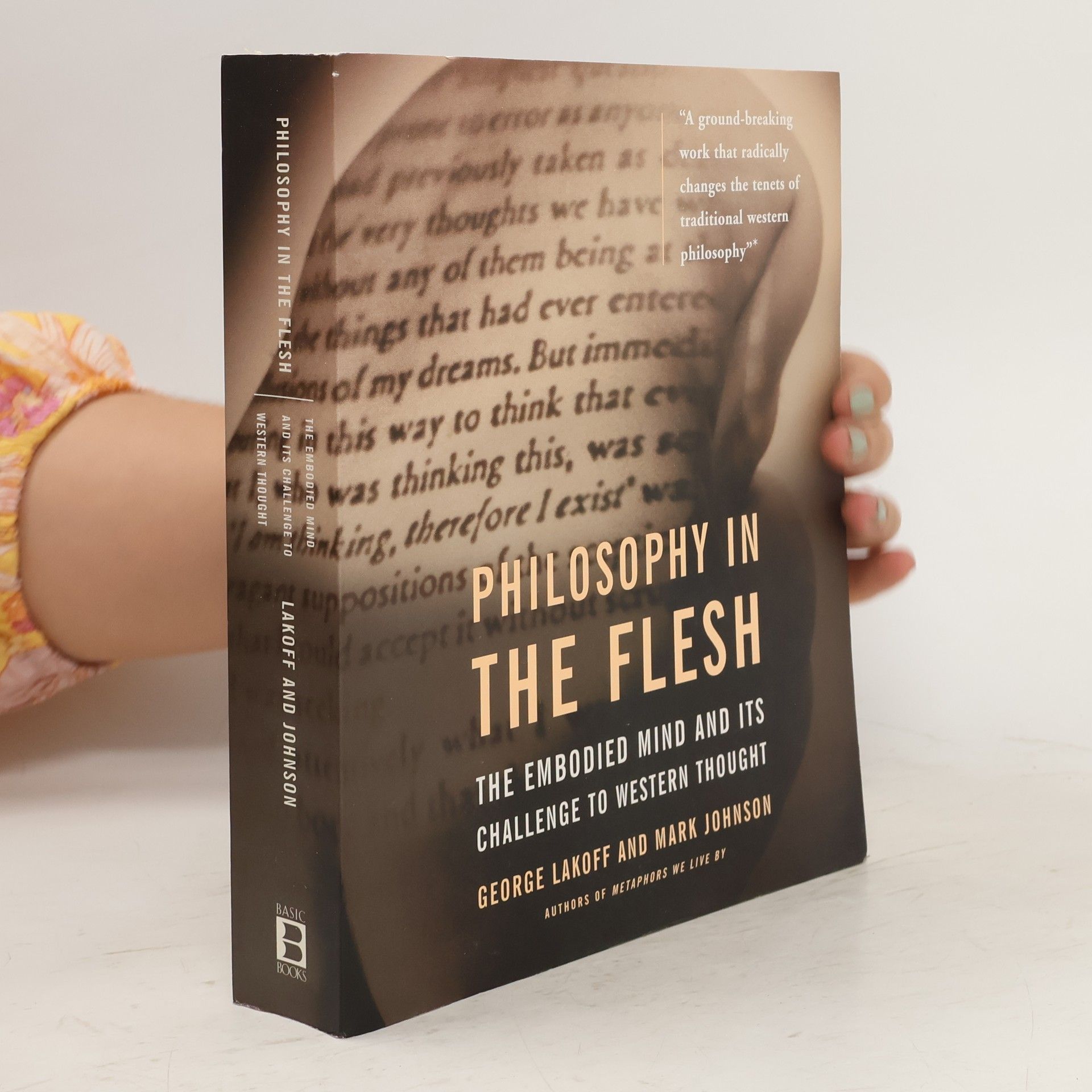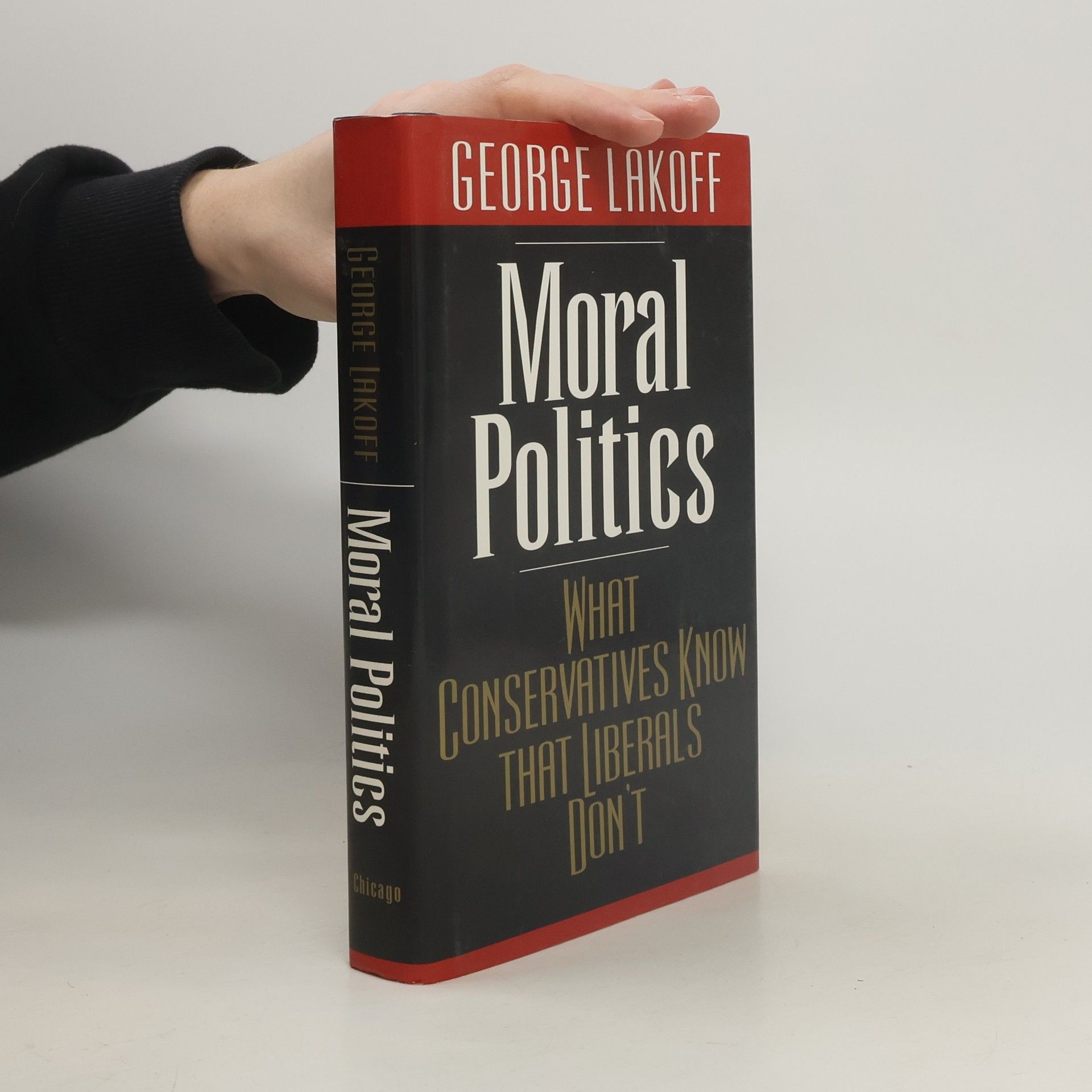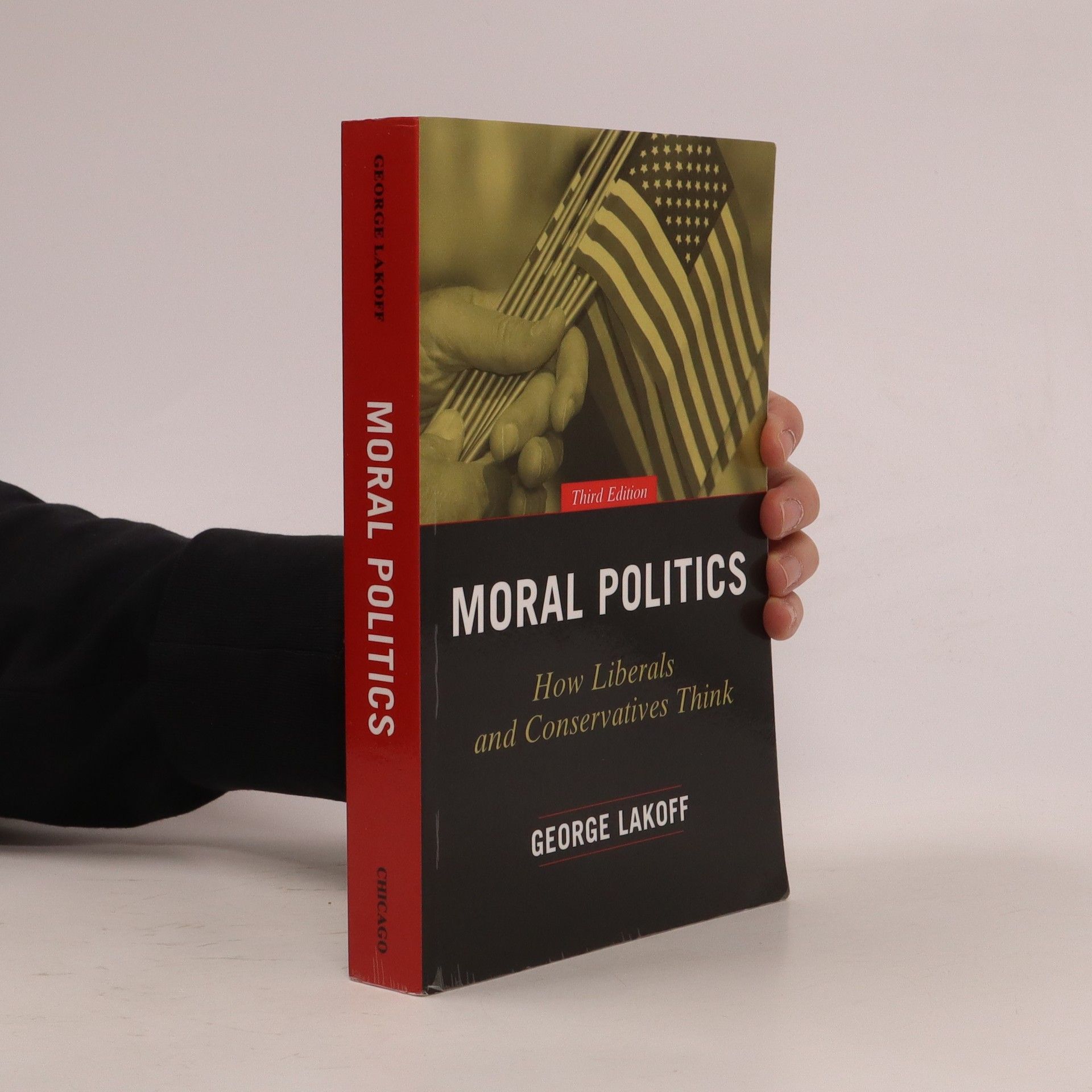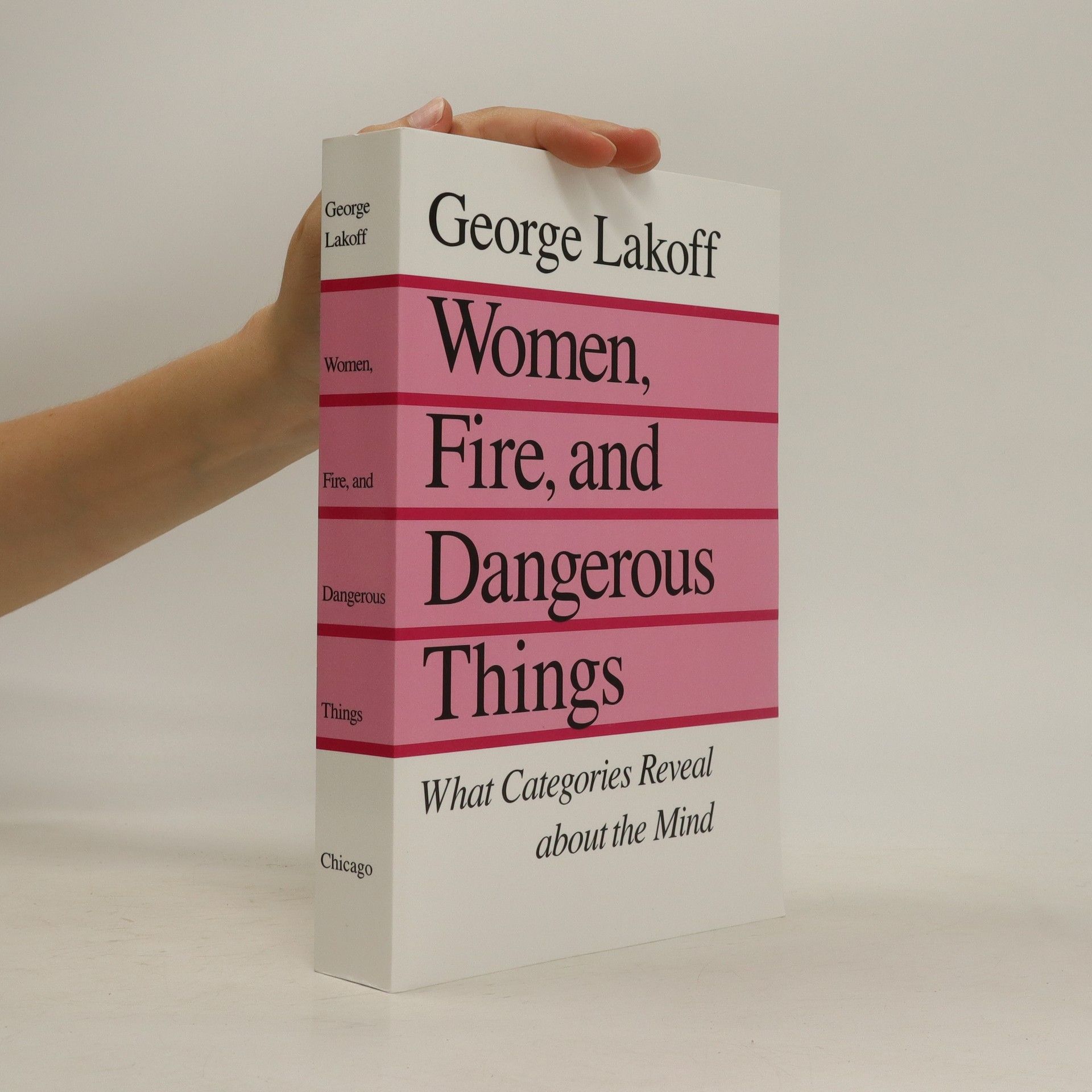Ženy, oheň a nebezpečné věci
- 655 stránek
- 23 hodin čtení
George Lakoff (* 1941), profesor lingvistiky na University of California v Berkeley, patří k nejvýznamnějším lingvistům své generace. V sedmdesátých letech se podílel na vzniku generativní sémantiky, pokusu korigovat některé jednostrannosti chomskeánské lingvistiky (Lakoff je žákem Noama Chomského a následně jeho kritikem). O desetiletí později stál u zrodu kognitivní lingvistiky. Proti objektivistickému pojetí myšlení, ukotvenému v tradičních aristotelovských kategoriích, staví široce založenou teorii experiencialistickou. Lakoff v této publikaci shrnuje poznatky mnoha vědních oborů, které se setkávají pod hlavičkou kognitivní vědy - filozofie, psychologie, antropologie, matematiky, logiky, biologie, umělé inteligence apod. Doplňuje je vlastním zkoumáním, včetně rozsáhlých jazykovědných případových studií, a poskytuje jednotný konceptuální rámec pro nové základy studia lidské mysli a tím i nové základy kognitivní vědy.










